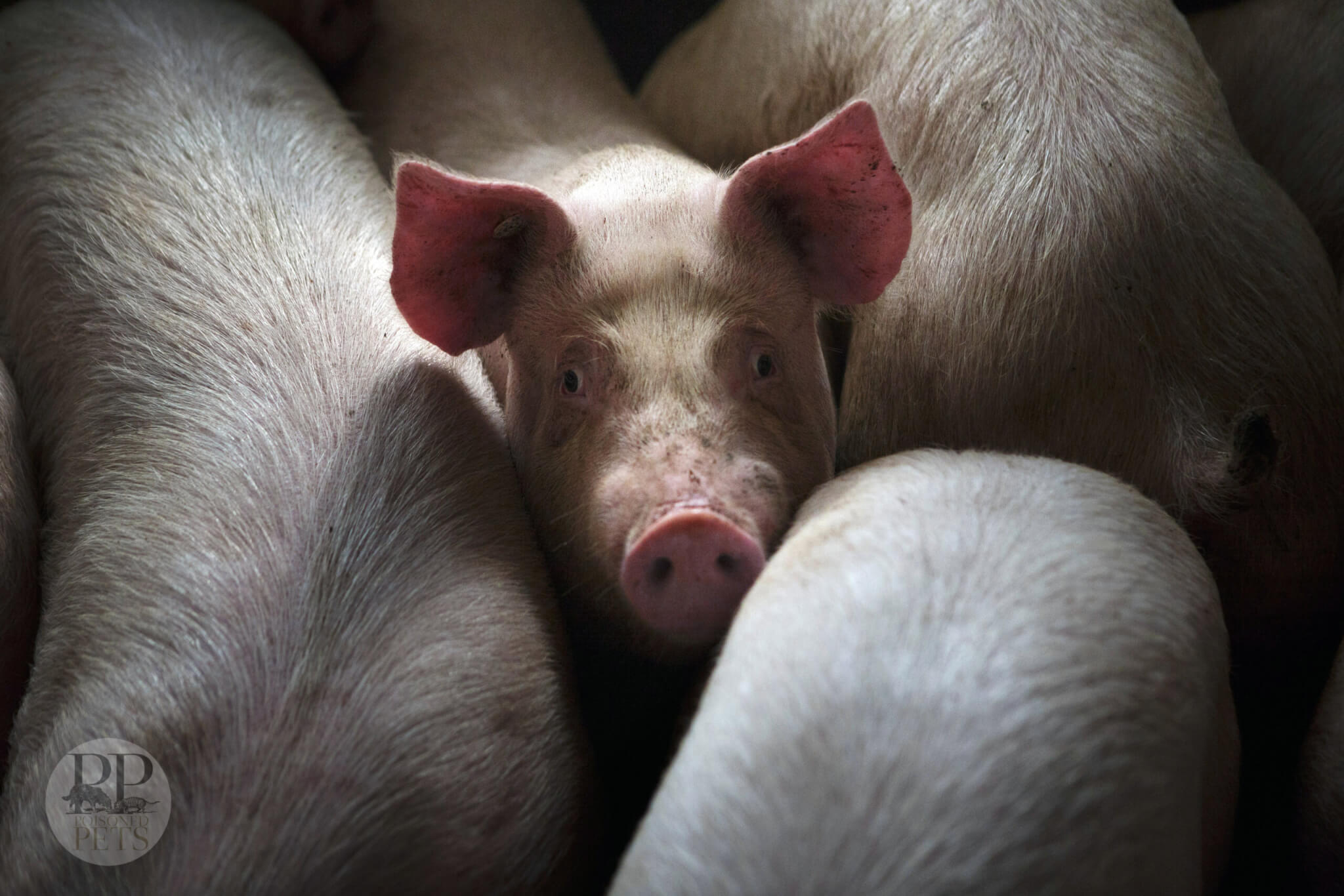The US Food and Drug Administration (FDA) issued a warning letter to ReConserve Inc., an animal food producer, on Jan. 3 detailing significant violations of animal feed manufacturing laws at its Baltimore facility.
ReConserve is the largest recycler of bakery, cereal grain, snack foods, and related food by-products in the US by converting leftover, expired, and inedible bakery waste – moldy, burnt, undercooked bread, cakes, candies, cereal grains, chips, cookies, crackers, dough, flours, pasta, snack foods, tortillas, pizzas, and related food by-products – or, more accurately, human food waste into animal feed and pet food ingredients.
In the warning letter, the FDA described violations regarding ingredient storage conditions, in which agency representatives observed “filthy, putrid, or decomposed substances” in its animal food products, which is considered adulteration. The violations includes a pile of human food bakery by-products deemed for animal food production left in a 3-foot-high pile outdoors, uncovered, exposed to birds and insects, foreign objects, and weather conditions.
The FDA Investigator observed the visual state of these ingredients to be deteriorated and containing foreign material such as: gravel, rocks, soil, mud, unidentifiable substances, and unknown man-made foreign materials. (FDA)
The FDA Investigator also observed wild birds flying around, landing and feeding on the pile, and insects flying around and crawling on the pile, and deteriorated packaging materials mixed in the pile. The pile is exposed to contaminations from weather conditions including rainfall, and rainwater runoff with chemicals from nearby trucks and industrial equipment. (FDA)
During the inspection, the company was informed of the FDA’s concerns that the outdoor ingredient pile was unfit for food and that the FDA considered the outdoor ingredient pile to be adulterated due to the observed conditions of the ingredients and pest activity; the company ceased using the outdoor pile of ingredients. However, the company resumed using these ingredients three weeks later without evaluating them to determine if they were fit for food.
While the company claims its system is designed to remove packing and other foreign materials and render contaminants from pests sterile, it did not offer evidence that its system can sterilize the product. The company explained that its food does not threaten animal health “as demonstrated by our never having made an animal sick in the history of our company.”
Furthermore, your response [to the inspection report] does not sufficiently address other animal food safety hazards that could result from the observed storage conditions, such as: nutrient degradation, contamination with toxins from mold formation, or contamination from chemical hazards and physical hazards (e.g., gravel). (FDA)
The company boasts that using its animal feed product “reduces feed costs when DBP (dried bakery product) is used as a substitute for more expensive feed grains and fat.” Animal feed rations have “successfully incorporated DBP as high as 25% in poultry and 30% in swine rations.”
While converting bakery waste seems like a practical solution to the problem of human food waste and reducing the size of landfills, in reality, it is an excuse to use garbage – literally – to feed animals. A food system that permits millions of animals to be kept in extreme confinement, where their entire lives are spent in misery, pain, and unimaginable cruelty, is a failure. But that they are fed rotting, decaying waste to satisfy society’s insatiable demand for cheap meat and poultry and even cheaper animal feed and pet food and to increase profits is a tragedy. This isn’t recycling; it is a catastrophe.
The following videos are taken at the ReConserve plant in Dallas, Texas, where it is evident from the videos that similar violations the FDA observed in ReConserve’s Baltimore plant are also occurring at other plants.
Reference: AAFCO: 40.15 (old 60.15), Dried bakery product
Discover more from Poisoned Pets | Pet Food Safety News
Subscribe to get the latest posts sent to your email.




Comments (16) Write a comment